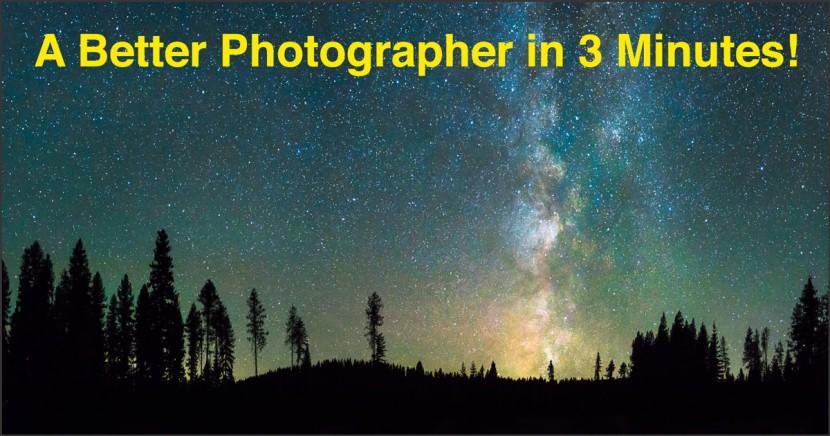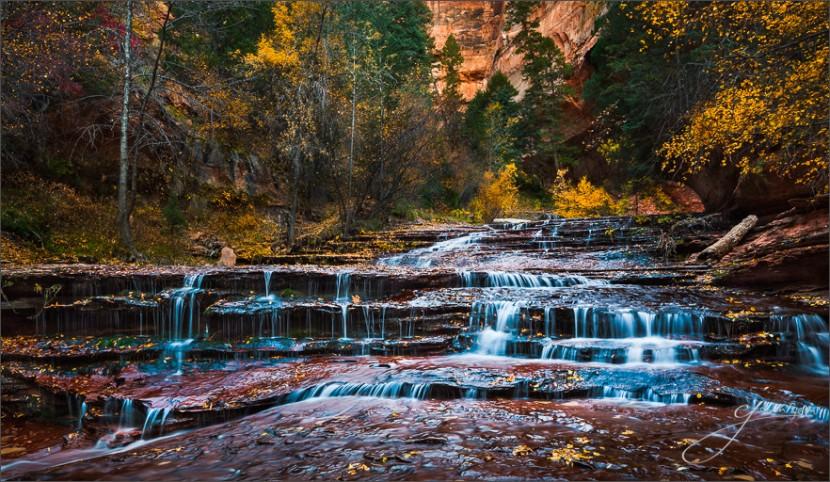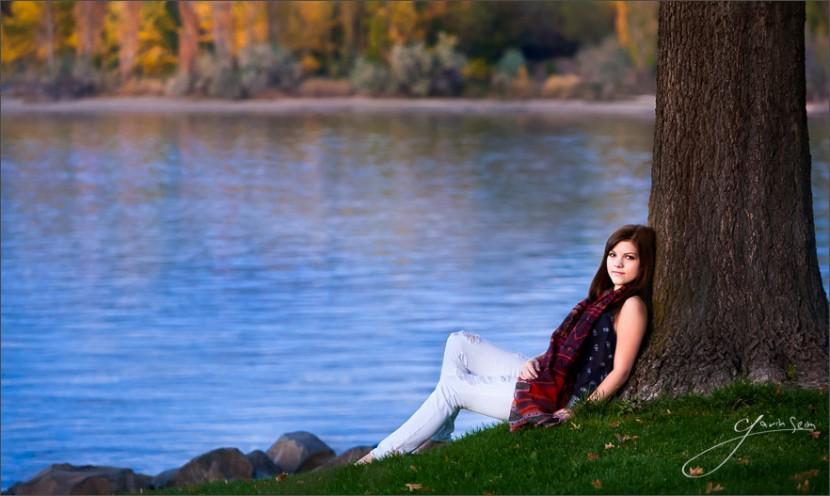Presets, photo editing software, and gear. We have the tools in 2022. But I want to change how you think about your photos.
I’ve been a photographer for over 20 years. I watched digital be born and the entire industry change. I’ve run the gamut in everything from street and wedding photography to fashion photography of Models in Mexico and fashion photography.
I saw photography go from a technical creative art to something mostly driven by internet marketers and “Ai” tools. But I always see the same mistakes that make photos ordinary no matter how good the software gets.
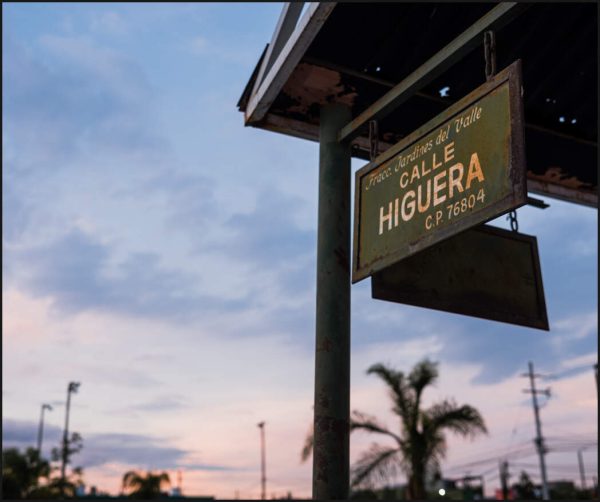
Sometimes digital is so easy, that we lose an opportunity. Trends come and go, but in the end, photography will always be about emotion, inspiration, and creativity. If you learn to discover shadows and souls with confidence, your photography will always get better regardless of the tools you use.
Confidence is not always easy. I’ve learned a lot as a street photographer. You can have all the software. You have the best camera, and download the best Lightroom presets (yes I have those for you) But what you need is to see as no one else sees. That’s what I want to show you today.
You’ll find the presets I use here on the site – They do matter because they make completing your vision easier. You can get my free lightroom presets and film styles like Filmist and Natural HDR.
Most photographers edit wrong, but not for the reasons they think!
In this video, we’re going head to head with the mistake that nearly every photographer has made, and may are doing every day. If you can get past this, it changes more than just how you edit. It’s going to change your photography mentality.
As I showed in the video. The perfect capture and the perfect edit are a myth. That’s what makes photography so amazing. There’s always something we can improve that will affect the emotion of your photo, or the lack of it.
Knowing how to edit, starts with knowing what you want. Presets and styles are invaluable because they help me find my look without wasting brain cells.
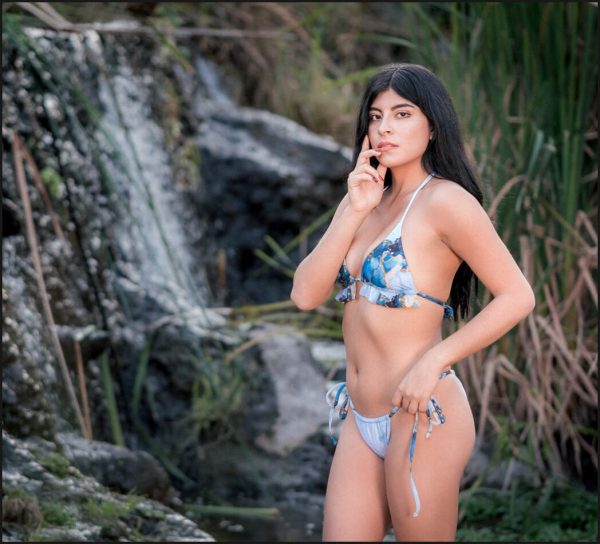
I usually start with Filmist because it works so well. But there’s something more important than what you edit with! That’s knowing what you want to create with your edit. An actual vision.
Ansel Adams taught this way back with visualization techniques and using Zones in our exposures. Something we studied at length in my Exposed Master Class and in Photo Perfect.
IN the end making the craft of your photography second nature, finding your confidence, even if you know it won’t be perfect. That is what will transform your photography. The tools you use just, are just things to help you get there.
I’ll explain it all in detail in the video. You can also watch it directly on my photography channel here
Enjoy and we’ll see you next time – Gavin Seim
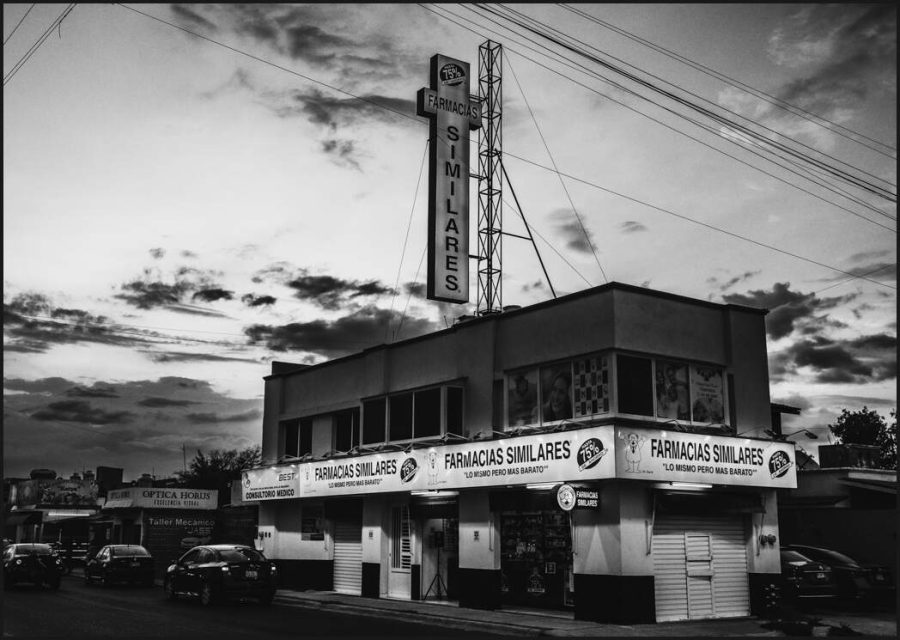
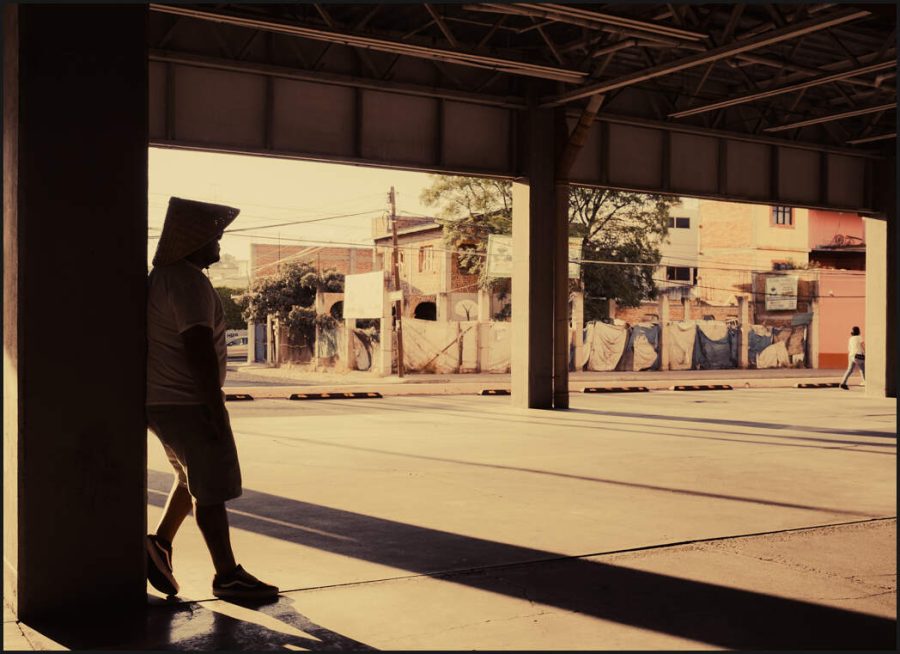

 Improved 09/28/15: Getting it right in camera is easier than fixing it later. I hate it when I get in a hurry and overlook these simple principles and it comes up a lot in my workshops. I’ve learned there’s always something we can improve if we set aside ego, be honest and focus on craft.
Improved 09/28/15: Getting it right in camera is easier than fixing it later. I hate it when I get in a hurry and overlook these simple principles and it comes up a lot in my workshops. I’ve learned there’s always something we can improve if we set aside ego, be honest and focus on craft.